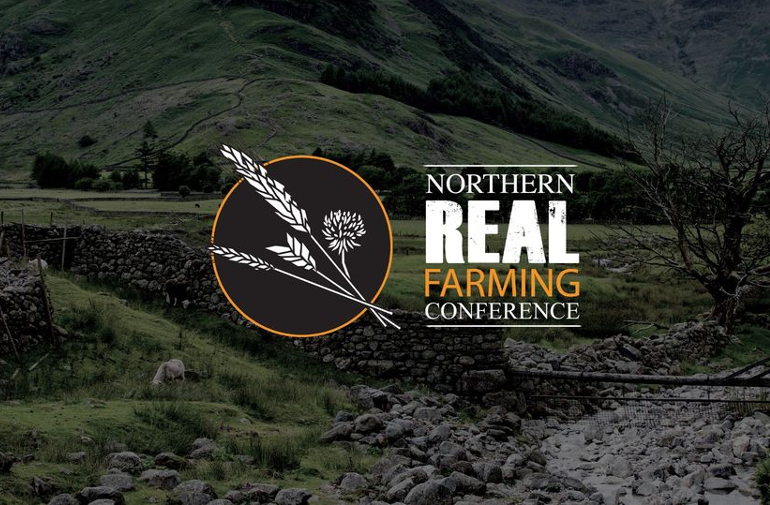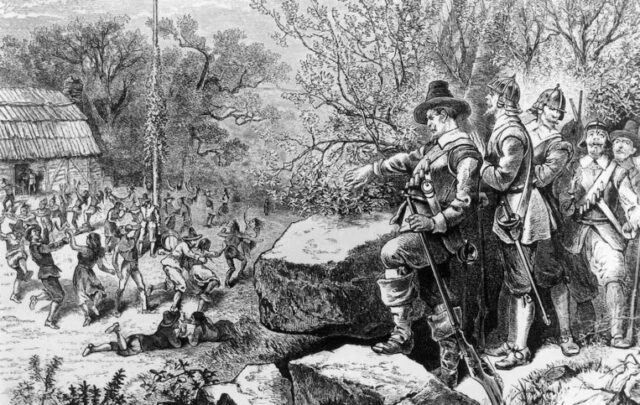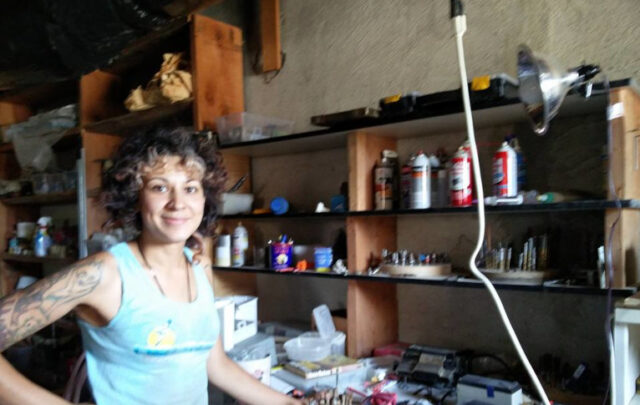The first talk I’m giving in relation to my new book is at the Northern Real Farming Conference, at 7.30pm on Tuesday (29 Sept). Although I’m not from or in the North, the conference is nevertheless an appropriate launchpad for my book because I suggest in it that in the future people are going to have to furnish their livelihoods more regionally and locally than most do today, and that this is going to involve a lot of rethinking – of agriculture, of industry, of politics and society more generally, and indeed of what we mean when we talk about the local or the regional. There are few better forums for getting going with this rethinking process than a regional farming conference.
My talk is going to be fairly general in its scope. I’m hoping that the audience discussion will add more local colour and detail to it and fit its themes to the specifics of Britain’s north. But I also hope that anyone reading this webpage may do the same in relation to wherever in the world they live, and however they think of their locality and their region. Perhaps, in the comments to this post or elsewhere, this will help to generate some worthwhile rethinking of agrarian localism.
And boy do we need that rethinking! Wider issues like climate change, energy scarcities, economic stagnation and political fragmentation are already reconfiguring our world, but we can only guess at the local adjustments this will demand of us – which makes it hard to know where to put our energies and what kinds of institutions to support and nurture. Often, as a grower and smallholder I feel that I should probably just get my head down and try to produce food in a low impact way. But that alone isn’t going to be enough. Below, I lay out five broad themes (and some more specific pointers) that I’d suggest need addressing everywhere as we rethink regionalism and localism for a small farm future:
- Producing for local needs, instead of for commodity markets.
- in (northern) Britain, this probably means going easier on livestock and cereals, and harder on woodland, horticulture, fertility-building fallows, fibre crops, seeds, medicines and general trades and inputs into farming.
- it also means entering a steep learning curve on low impact, local farming, involving a thorough rethinking of scale, labour input and agricultural education
- and it may mean disregarding recent historical land use patterns. Where I live, for example, there’s a strong recent history of dairy farming which partly has to do with the fact that grass grows well here (harking back to the quaint days when that actually mattered…) but also with the fact that the opening of the railways to London created a demand for fresh milk in the capital
- Rethinking settlement geography
- cheap energy has broken the links of mutual service between town, village and countryside. How can we restore them?
- in the future, we will probably see ruralisation or deurbanisation in the face of new energy, climate and economic realities. Population dispersal is harder to achieve than concentration – how can this be managed?
3. Rethinking landownership
- ruralisation may put inflationary pressure on farmland prices to the benefit of existing landowners, exacerbating inequalities
- this is potentially counterbalanced by the sheer weight of a new rural population of smallholders, perhaps articulating its interests as a class, the weakness of the political centre and the residual influence of liberal rights ideas
- Local identities
- in what ways might local or regional identities help or hinder reconstructing a renewable agrarian localism? (Personally, I’m dubious about most existing identities in this respect, in the North and elsewhere: northern, Yorkshire/Lancashire, East Riding/West Riding, urban/rural, ‘indigenous’ or ‘immigrant’, here first, the ‘real people’
- almost everyone is a child of a failing economic modernism – can we forge new identities as farmers engaged in creating renewable livelihoods in place?
- civic republicanism as a political tradition to inform new identity-making, not based on ideas of a pre-existing ‘natural community’. The politics of ‘here we all are’
5. Wider interactions
- in a supersedure state situation with semi-autonomy of, say, the north from London, how would relations between region and centre work?
- and between regions?
Teaser photo credit: Northern Real Farming Conference Facebook page






